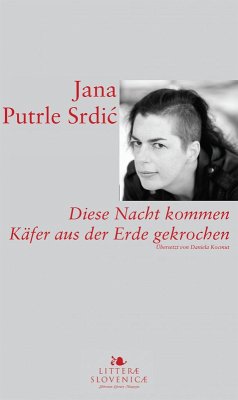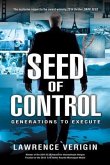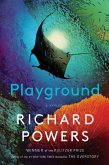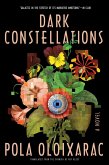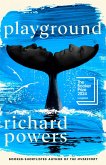The Night the Beetles Come Out of the Ground (To noc bodo hroSci prilezli iz zemlje, 2014) is the third poetry collection by Jana Putrle Srdic. Coming after her first, widely acclaimed books - her debut Quinces (Kutine, 2003) and Anything Could Happen (Lahko se zgodi karkoli, 2007) - it was nominated for the Jenko Award, which is bestowed on the best Slovene poetry collection published in the previous two years. This carefully crafted book develops the poetics from her previous books, seeking for new spaces to be entered and uttered by the poetic idiom: ecology, biopolitics, genetics, cybernetics - in short, fields intertwining nature, culture, science, and technology. Technology and the accompanying progress are not perceived negatively: they represent an opportunity to speed up humankind's attainment of various levels of reality and the creation of new ones. However, this view of science and technology does not result in smug anthropocentrism. Rather, the human experience is juxtaposed with something other - even a plastic bag. A major thread is the relationship between nature and culture, their fundamental difference on the one hand and their complex interaction on the other. This theme is approached rationally, at times in well-nigh scientific discourse, and elaborated with larger existential questions, the question of the human identity. Nor does the book shrink from critical dialogue with society, foregrounding the younger generations' uninvolvement, ignorance, and lack of clear-cut views on social issues. The latest collection by Jana Putrle Srdic may be described as a topical book about social issues, both current and eternal: a book bound to reverberate long after our present time.
Dieser Download kann aus rechtlichen Gründen nur mit Rechnungsadresse in A, B, BG, CY, CZ, D, DK, EW, E, FIN, F, GR, H, IRL, I, LT, L, LR, M, NL, PL, P, R, S, SLO, SK ausgeliefert werden.

